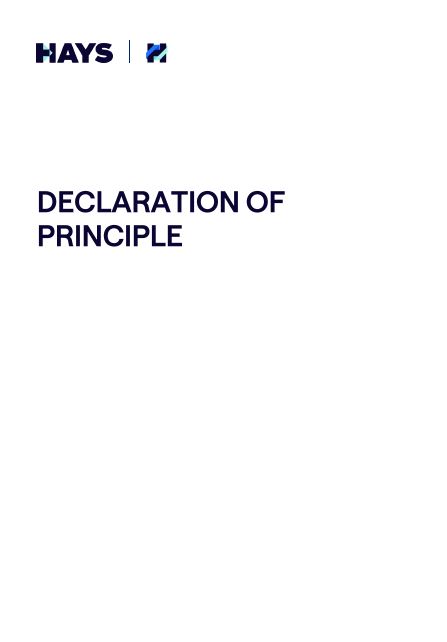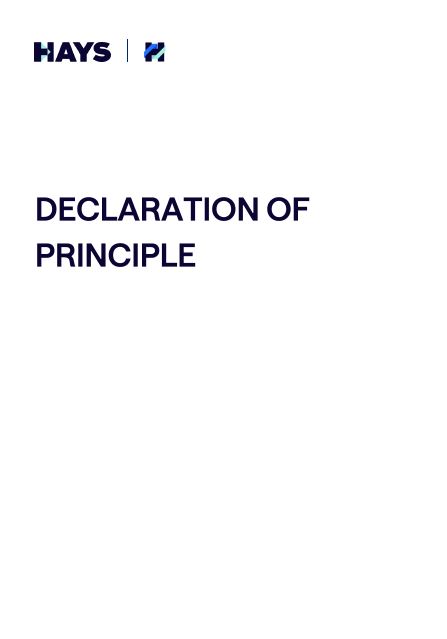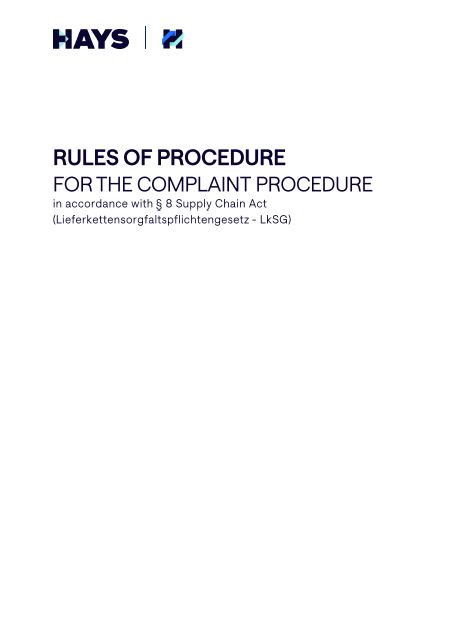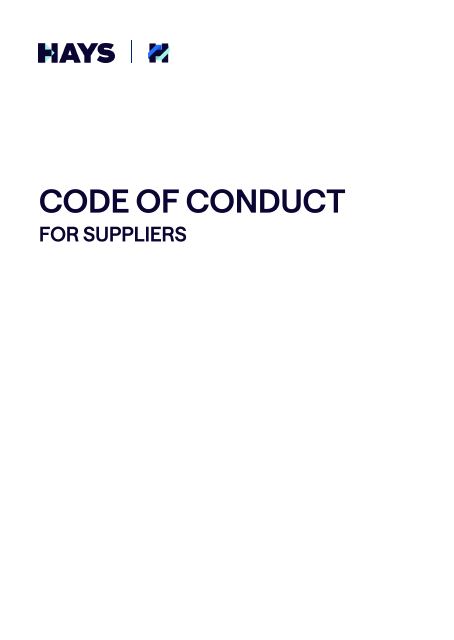
The Supply Chain Due Diligence Act
Focus on human rights and environmental protection
Due to the globalised economy, many of the products we use every day come from all over the world. That is why we should be concerned about the circumstances under which they are produced. In order to improve the protection of human rights in global supply chains, companies are being hold accountable – in Germany this is ensured by means of the so-called Supply Chain Due Diligence Act, in short LkSG.
The law assigns responsibility to companies for possible human rights violations and environmental damage along their global supply chains and obliges them to "observe their human rights and environmental due diligence obligations in an appropriate manner". Some of the obligations for companies:
- Define responsibilities
- Establish a complaints system
- Conduct regular risk analyses
- Establish remedial and preventive measures
- Ensure documentation and reporting
Since January 2023, this law will affect all companies with more than 3,000 employees. From 2024, companies with at least 1,000 employees will be held accountable as well.
Within our organisation, the Supply Chain Act (LkSG) will initially apply to our temporary employment division, Hays Professional Solutions GmbH, from 2023. As Hays AG employs more than 1,000 people, it will be affected from 2024 as well. Even though the requirements for our other companies are not (yet) mandatory, we are rolling out the measures to all German companies.
Driving sustainable management
The aim of the Supply Chain Act is in line with our goals and our commitment so far: As a recruitment consultancy, we are actively shaping the working world of tomorrow – fair and integrity-based behaviour in economic as well as ecological and social terms is thereby a matter of course for us.
Respect for human rights is very important for us – we make this clear by implementing the Supply Chain Act throughout our organisation and by living and documenting our "social compliance".
This is how we ensure transparency: We show our clients and the specialists and executive managers we recruit, how seriously we take our human rights and environmental due diligence obligations, thereby underlining our reliability and integrity as a contractual partner.
We are convinced: If applied consistently, the law can promote sustainable management.
Implementation of the Supply Chain Act (LkSG) at Hays: Measures, processes and responsibilities
Since the Supply Chain Act is a new law, many details concerning the implementation are still in a state of flux. Not all of the required due diligence obligations can and have to be fulfilled by January 2023. The introduction of a complaints system and the determination of responsibilities within the framework of the Supply Chain Act (LkSG) is mandatory by this date – Hays has already implemented both.
We attach great importance to the observance of human and environmental rights. Therefore, this issue is directly placed with our CEO Dirk Hahn, who has assigned our social compliance team to implement due diligence with regard to human rights. This interdisciplinary team ensures and documents compliance with human and environmental rights within the company and along the supply chain.
We attach great importance to the observance of human and environmental rights. Therefore, this issue is directly placed with our CEO Dirk Hahn, who has assigned our social compliance team to implement due diligence with regard to human rights. This interdisciplinary team ensures and documents compliance with human and environmental rights within the company and along the supply chain.
We have established a reporting system through which (potential) violations can be reported by phone, letter or mail. Each report will be carefully reviewed by the social compliance team. In case of suspicion or conflict of interest, you can also contact the external ethics hotline Safecall – anonymously, if necessary.
We have established a reporting system through which (potential) violations can be reported by phone, letter or mail. Each report will be carefully reviewed by the social compliance team. In case of suspicion or conflict of interest, you can also contact the external ethics hotline Safecall – anonymously, if necessary.
We have set up a process for continuous risk analysis. For this purpose, we analyse our value chain, especially with regard to high-risk countries and industries. In our own business unit, we focus primarily on areas such as occupational health and safety and working hours. Topics such as minimum wage and anti-discrimination play an important role as well.
We have set up a process for continuous risk analysis. For this purpose, we analyse our value chain, especially with regard to high-risk countries and industries. In our own business unit, we focus primarily on areas such as occupational health and safety and working hours. Topics such as minimum wage and anti-discrimination play an important role as well.
Supplier code of conduct:
In order to ensure compliance with human rights along our supply chain, we adopted our supplier code of conduct as one of the first measures in 2021. We are currently in the process of establishing this code of conduct with suppliers as an integral part of contract updates and new orders. The supplier code of conduct defines the minimum legal and ethical standards that apply to all suppliers who maintain business relationships with Hays – including those related to human rights, occupational health and safety and environmental protection. By signing the supplier code of conduct, suppliers declare that they comply with these principles.
Compliance management system:
We have implemented a comprehensive, effective and certified Compliance Management System (CMS), which provides mandatory compliance training courses for all employees. This way, we ensure that our organisation acts in accordance with the guidelines and laws. Moreover, by using this CMS potential violations of human rights will be avoided or render more difficult. The system can detect and deal with violations more quickly. We will further expand our compliance training course, which is mandatory for all employees, on the topic of human rights.
Supplier code of conduct:
In order to ensure compliance with human rights along our supply chain, we adopted our supplier code of conduct as one of the first measures in 2021. We are currently in the process of establishing this code of conduct with suppliers as an integral part of contract updates and new orders. The supplier code of conduct defines the minimum legal and ethical standards that apply to all suppliers who maintain business relationships with Hays – including those related to human rights, occupational health and safety and environmental protection. By signing the supplier code of conduct, suppliers declare that they comply with these principles.
Compliance management system:
We have implemented a comprehensive, effective and certified Compliance Management System (CMS), which provides mandatory compliance training courses for all employees. This way, we ensure that our organisation acts in accordance with the guidelines and laws. Moreover, by using this CMS potential violations of human rights will be avoided or render more difficult. The system can detect and deal with violations more quickly. We will further expand our compliance training course, which is mandatory for all employees, on the topic of human rights.
We are currently in the process of establishing corresponding documentation structures on which our reporting will then be based.
After completing our risk analysis, we published the following policy statements:
Declaration of principles for Hays AG
Declaration of principles for Hays Professional Solutions GmbH
After completing our risk analysis, we published the following policy statements:
Declaration of principles for Hays AG
Declaration of principles for Hays Professional Solutions GmbH
Download our code of conduct for suppliers and our policy statements here
Contact
Do you have any questions regarding the implementation of the Supply Chain Act (LkSG) at Hays? Then please feel free to contact our social compliance team: scoc@hays.de




